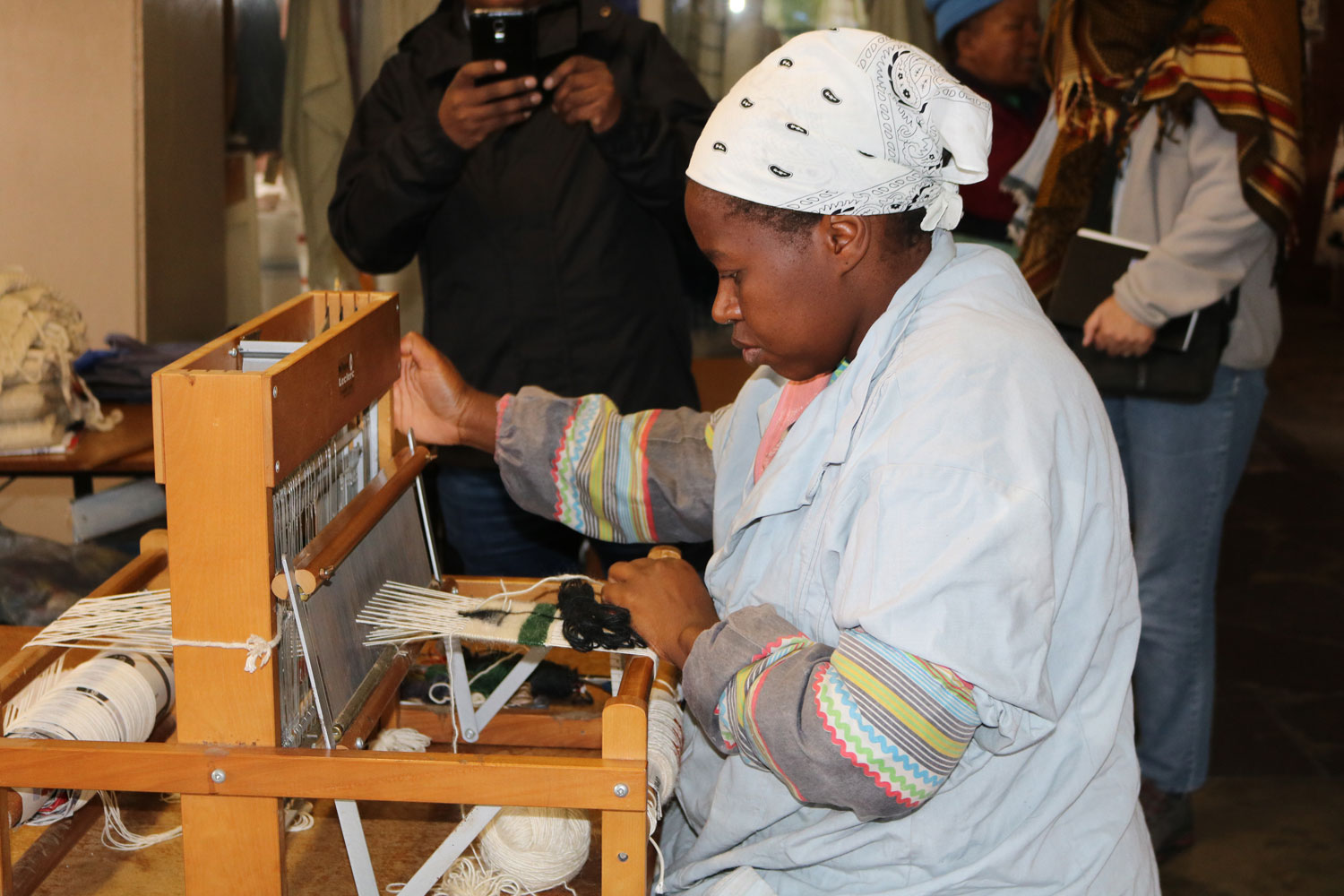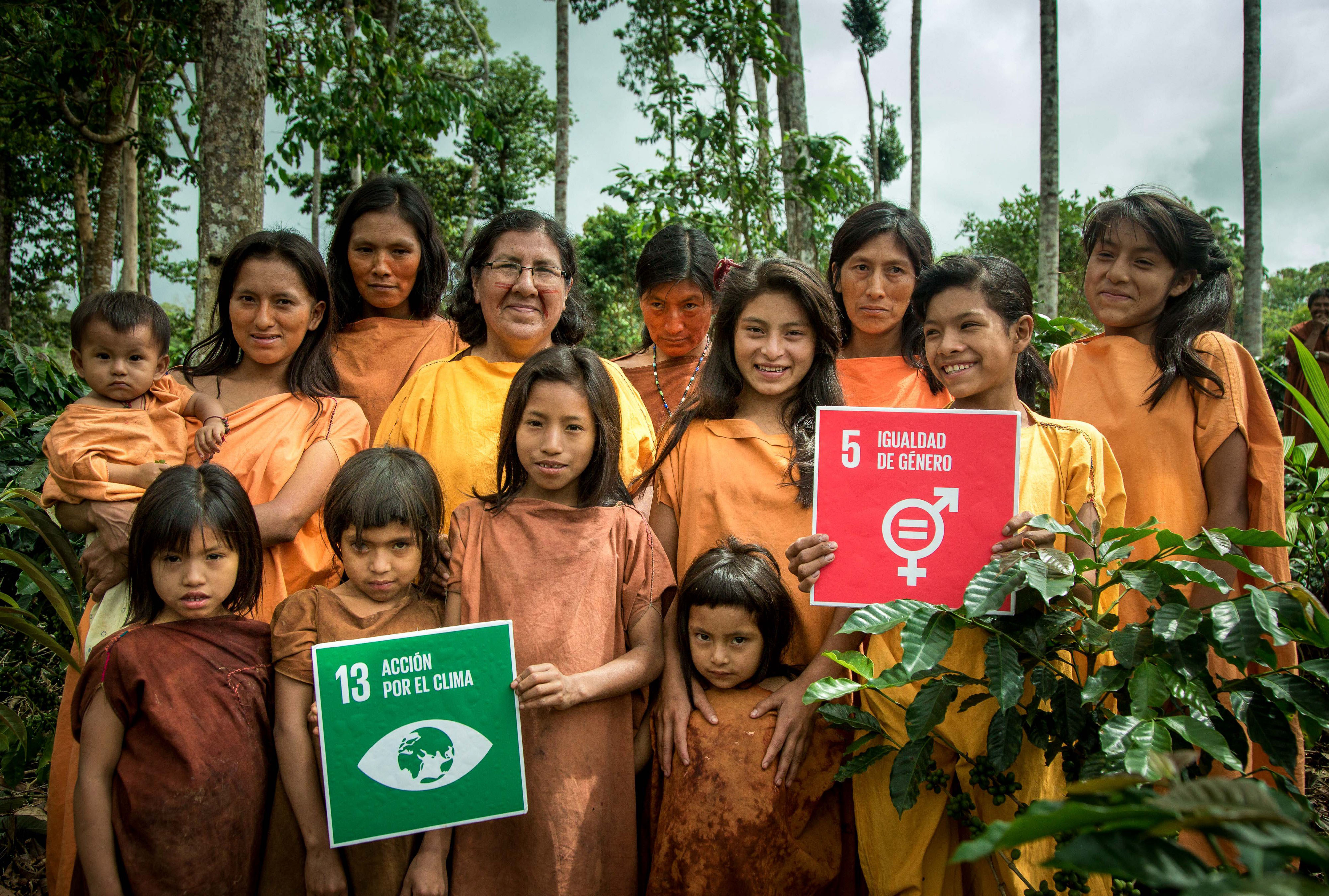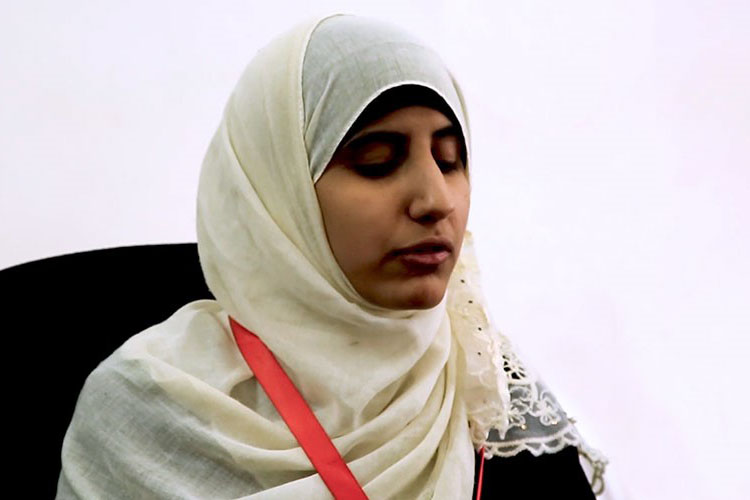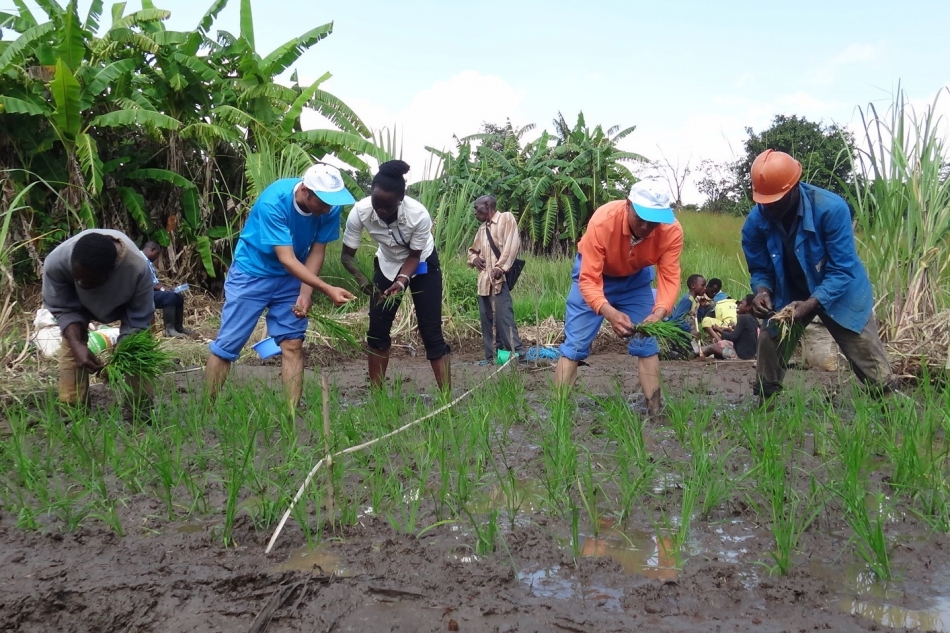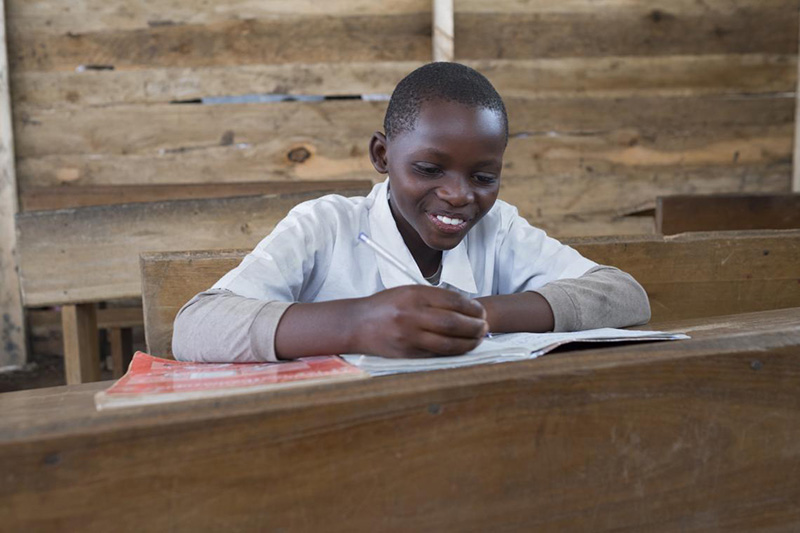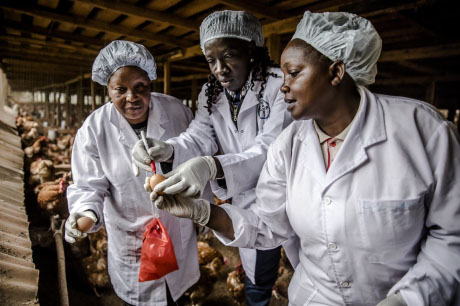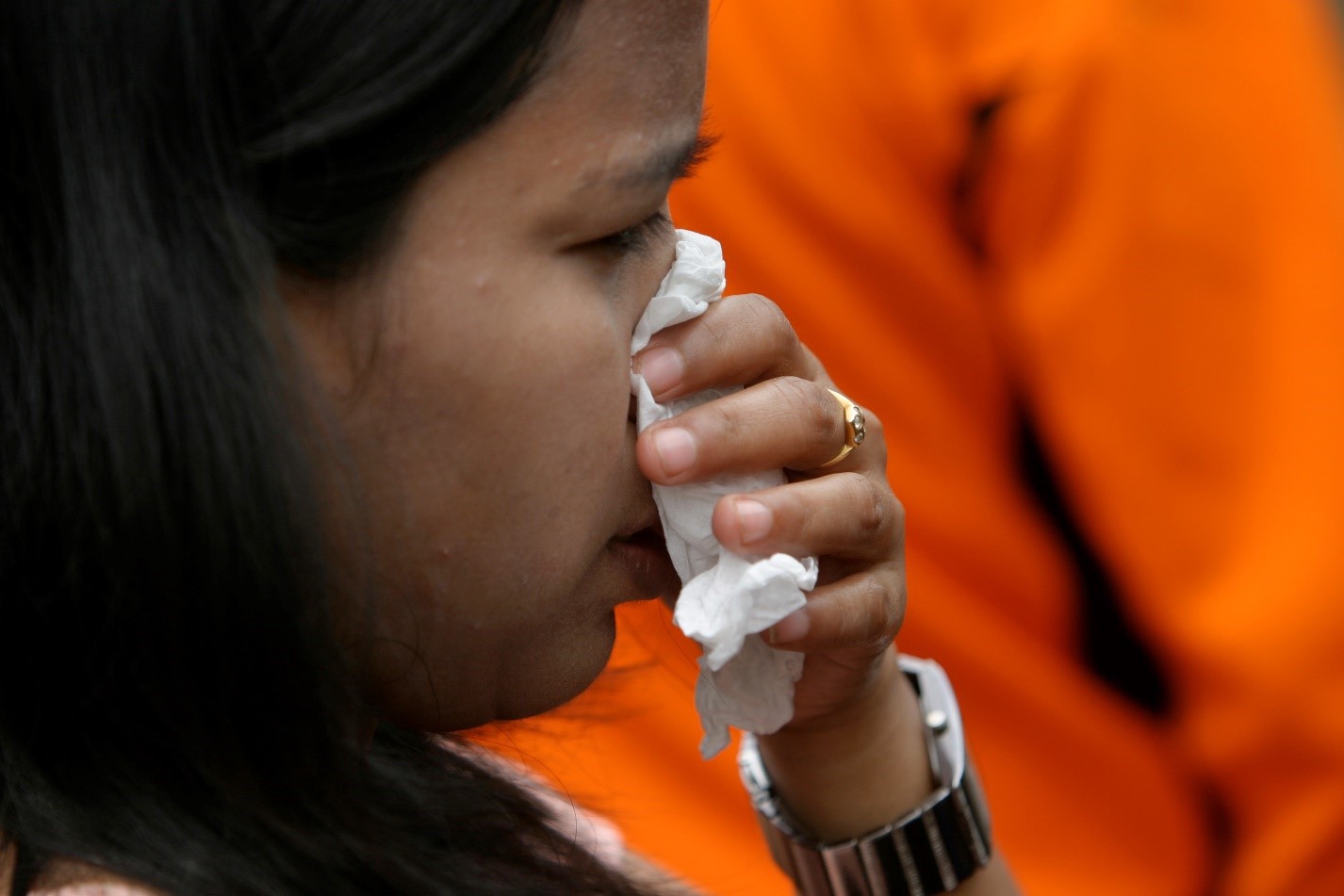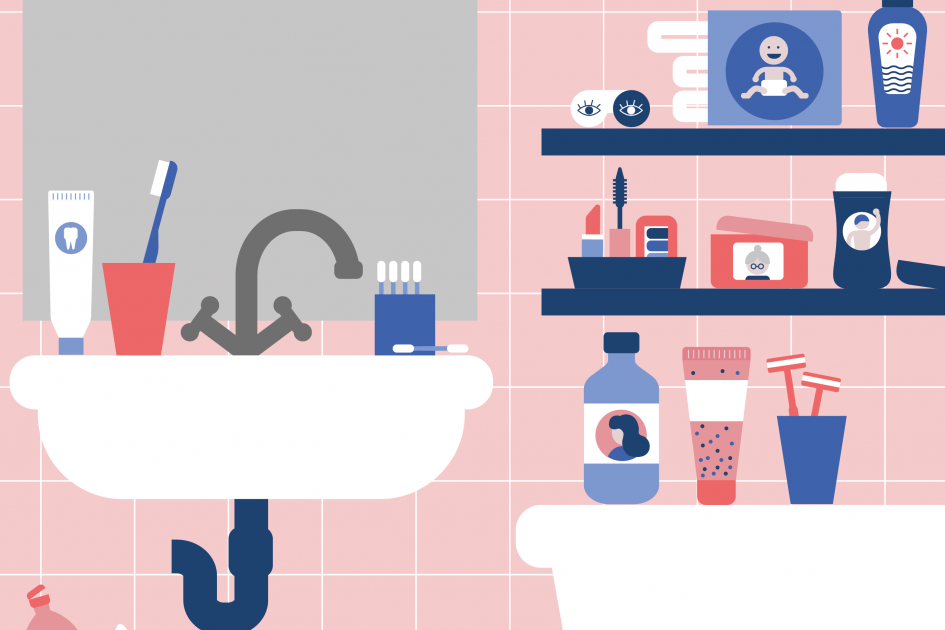Wool and mohair form the bedrock of Lesotho’s rural economy. The Wool and Mohair Promotion Project works with farmers to improve the quality and quantity of wool and mohair produced. The ultimate goal of the project is to boost the economic and climate resilience of poor, smallholder wool and mohair producers to the adverse effects of climate change in the mountain and foothill regions of Lesotho.
Violence against women is one of the biggest violations of human rights and a major impediment to achieving the Sustainable Development Goals. Violence against women and girls is preventable if we address the risk factors and underlying harmful social norms that perpetuate and excuse violence, and if hold perpetrators accountable.
Saadah Hamood Ahmed Alhuamaidi is a 16 year-old visually impaired girl from Yemen. In a country at war since 2015, Saadah has been defending and demanding the rights of the children, who are bearing the brunt of the human rights consequences.
South-South and Triangular Cooperation (SSTC) is the sharing and exchange of development solutions – knowledge, experiences, good practices, innovative policies, technology and resources – between countries in the global South, in order to help each other to meet their development goals. As a facilitator of SSTC, FAO unites countries that have development solutions with countries that are interested in applying them and ensures the technical quality of these exchanges.
Our future depends on a clean and healthy ocean, where protection and sustainable use go hand in hand. The ocean is under threat from the effects of climate change, pollution, loss of biodiversity and unsustainable use. To respond we need to build partnerships between government, industry, science and civil society, putting knowledge, technology and finance into action. In Seychelles they're doing just that: financing ocean protection.
UNICEF is working with psychologists, teachers and students in the Democratic Republic of the Congo to help children reintegrate.
Rape culture is the social environment that allows sexual violence to be normalized and justified, fueled by the persistent gender inequalities and attitudes about gender and sexuality. Naming it is the first step to dismantling rape culture. From the attitudes we have about gender identities to the policies we support in our communities, we can all take action to stand against rape culture.
Three decades of conflict in Sri Lanka allowed most of the district’s 400 irrigation tanks to fall into disrepair. The legacy of conflict combined with climate change brought drought and impending disaster to northern Sri Lankan farmers. An ILO project helped to restore water and put them back on the road to a more prosperous life.
A physiotherapy clinic in south-east Bangladesh treats Rohingya refugees and their Bangladeshi hosts side by side.
Despite the growing recognition of the central role that water plays in all aspects of social, economic and environmental development, there is still insufficient awareness that water and sanitation actually pay for themselves. Access to clean water and sanitation reduce health care costs for individuals and society. With better health, people can invest more time in income-generating and social activities.
Have regular check-ups.
Reduce alcohol use.
Quit smoking.
Eat better.
Be more active.
The misuse and overuse of antimicrobials, including antibiotics, is causing a growing problem called antimicrobial resistance. Every time we use antimicrobials to treat infections - in people, animals and plants - these germs have a chance to adapt to the treatment, making those medicines less effective over time. These resistant germs can cross borders and continents, spreading between people, animals and the environment. Because of this, the world’s farmers have a key role in fighting antimicrobial resistance.
We need food, but the way we eat, particularly in developed nations, is killing both us and the planet. Diseases from meat and dairy-based diets are exploding, while more than 820 million people lack sufficient food. The way we produce our food is corroding a sustainable future. Industrial food production releases a quarter of all greenhouse gases. UNDP works across the globe, and at all levels of society, to encourage sustainable agriculture.
Each year, millions of people come down with flu. Most recover within a week, but for an unlucky few, flu can be deadly. Here’s how you can protect yourself, and those around you.
Many people are not aware of just how much plastic is hidden in their beauty and personal care routine. Switch to plastic-free packaging where possible, pledge to stop using products that contain hidden plastics, and demand change from the beauty brands that use them.

